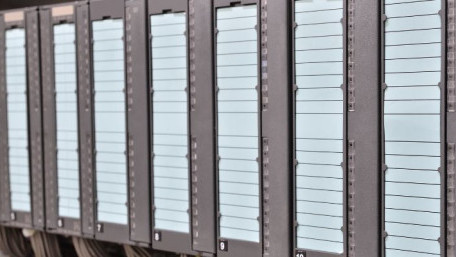
Centralized control systems are often seen as outdated compared to decentralized systems; however, both have their advantages and disadvantages when it comes to…
Centralized control systems are often seen as outdated compared to decentralized systems; however, both have their advantages and disadvantages when it comes to choosing which one to use in manufacturing.
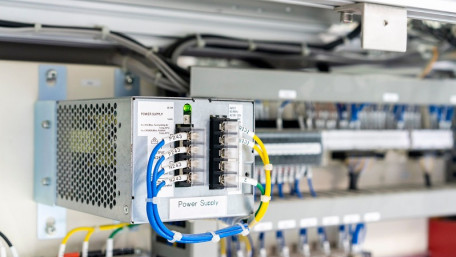
DC voltage systems exist to provide controllers and field devices with stable power, but it is not always clear when…
DC voltage systems exist to provide controllers and field devices with stable power, but it is not always clear when these systems should be bonded with the earth ground of the AC line voltage supply.
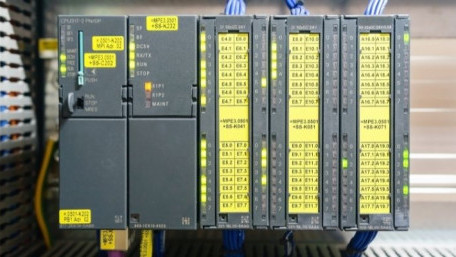
We will show you how to recognize, utilize, and efficiently operate your comparison instructions in…
We will show you how to recognize, utilize, and efficiently operate your comparison instructions in Rockwell Automation’s Studio 5000 and Automation Direct’s Productivity Suite to make your program flow smoothly.
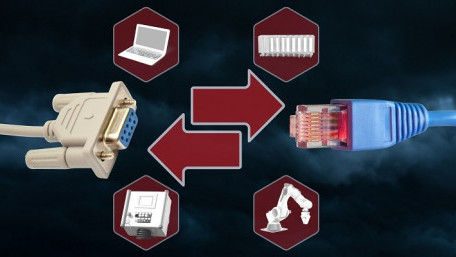
One common challenge when working with legacy control systems is establishing communication with old devices that use old…
One common challenge when working with legacy control systems is establishing communication with old devices that use old protocols like RS232 and RS485. Learn about the importance of converting from serial to Ethernet.
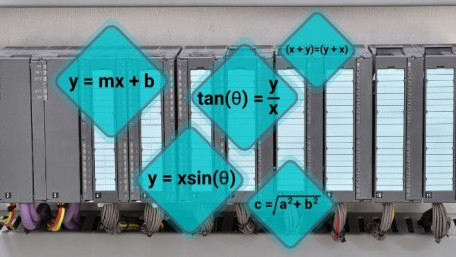
We will show you how to use the basic trigonometry functions to build ladder logic in a PLC, allowing for a clean,…
We will show you how to use the basic trigonometry functions to build ladder logic in a PLC, allowing for a clean, well-organized, and easy-to-use code that allows you and other users to troubleshoot your programs.
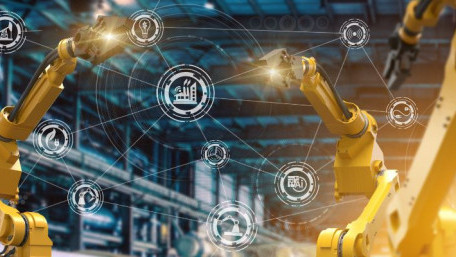
Communication protocols are a key component for an industry 4.0 compliant facility and are used to enable communication…
Communication protocols are a key component for an industry 4.0 compliant facility and are used to enable communication back and forth between cloud servers to transmit data or receive instructions.

Software obsolescence poses a threat in industrial automation equal to hardware obsolescence and should not be…
Software obsolescence poses a threat in industrial automation equal to hardware obsolescence and should not be overlooked. Many PLC OEMs offer tools to migrate upgraded software projects to the newest controller revisions.

The HART protocol enables instruments to send analog and digital signals over the same physical wire. This provides…
The HART protocol enables instruments to send analog and digital signals over the same physical wire. This provides multiple advantages for remote configuration, increased accuracy, and more.
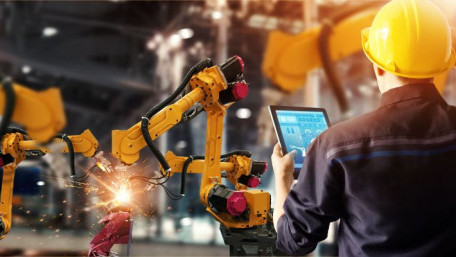
Designing an obsolescence mitigation plan to detect and solve mitigation risks before they occur is key to avoiding…
Designing an obsolescence mitigation plan to detect and solve mitigation risks before they occur is key to avoiding costly downtime and a potential catastrophe in control environments.
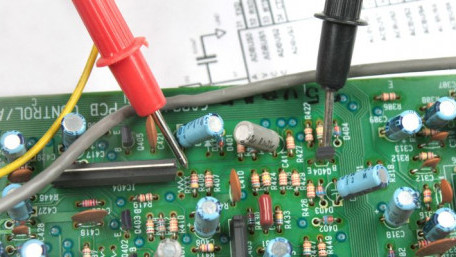
Control engineering is integrally woven together with electricity and electrical circuits. Even so, sometimes the most…
Control engineering is integrally woven together with electricity and electrical circuits. Even so, sometimes the most basic scenarios become misunderstood through lack of training or experience.
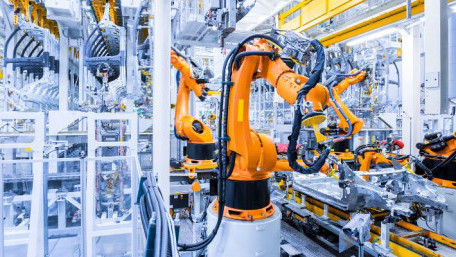
One of the most considerable risks in aging control environments is that eventually, spare parts become obsolete and…
One of the most considerable risks in aging control environments is that eventually, spare parts become obsolete and unavailable, and the lack of an upgrade plan can turn a simple failure into a catastrophe.
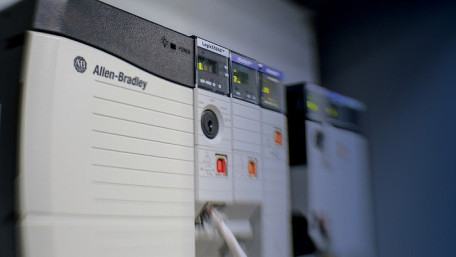
Credited with coining the name ‘PLC’, Allen-Bradley and parent company Rockwell Automation are major players in the…
Credited with coining the name ‘PLC’, Allen-Bradley and parent company Rockwell Automation are major players in the world of control systems. Learn how the hardware platforms have evolved into the familiar modern configurations.
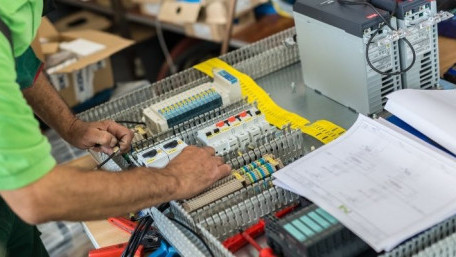
Power supplies tend to get a reputation as one of the most important power considerations of a DC control circuit - but…
Power supplies tend to get a reputation as one of the most important power considerations of a DC control circuit - but we can’t ignore other key players: power filters, converters, and backup power modules.
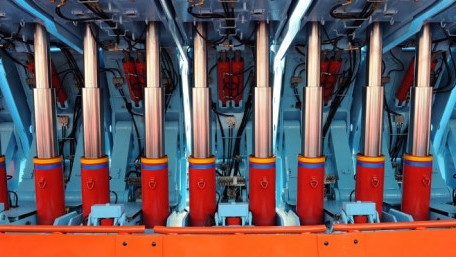
What if you could control the end position and the speed of a hydraulic actuator accurately with just a simple signal?…
What if you could control the end position and the speed of a hydraulic actuator accurately with just a simple signal? Some systems use simple open/close valves, but others require far more precision.
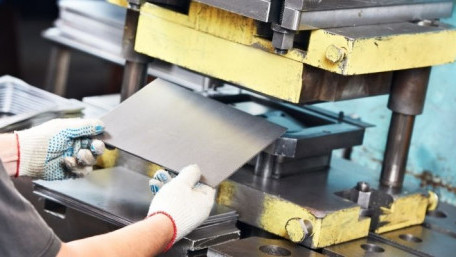
In honor of May the 4th, Star Wars Day, we compare the sources and applications of the two most common force-delivery…
In honor of May the 4th, Star Wars Day, we compare the sources and applications of the two most common force-delivery systems - mechanical and hydraulic.
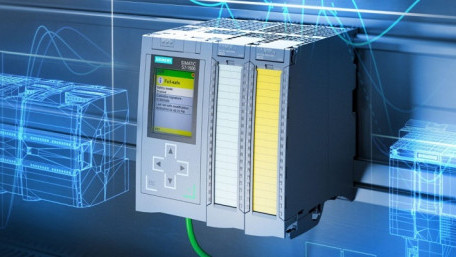
In this first of an upcoming series, we investigate Siemens as a major PLC manufacturer, learning about the hardware,…
In this first of an upcoming series, we investigate Siemens as a major PLC manufacturer, learning about the hardware, software, and key applications of each product lineup.
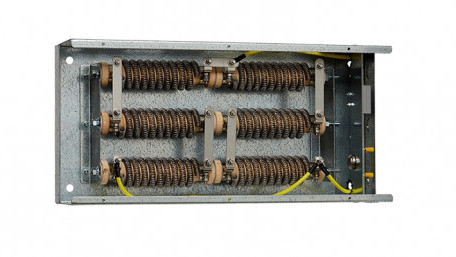
Large DC and AC motor drives often provide terminals for installing a braking resistor. What are these resistors, and how…
Large DC and AC motor drives often provide terminals for installing a braking resistor. What are these resistors, and how do they slow down a machine? What hazards and cautions must be considered?
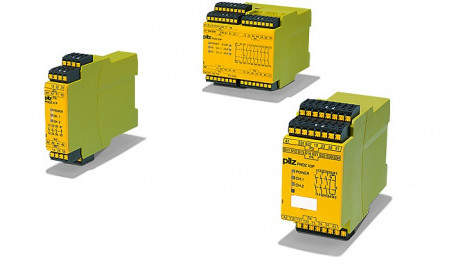
Redundancy and safety are often seen together in industrial safety systems. Safety relays monitor emergency devices to…
Redundancy and safety are often seen together in industrial safety systems. Safety relays monitor emergency devices to switch contacts based on status - but what makes them different from normal relays?
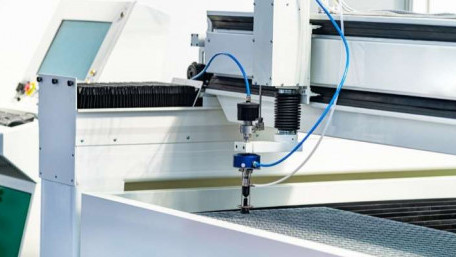
Linear position sensors are used in electrical and fluid-actuated motion devices. They allow extremely precise position,…
Linear position sensors are used in electrical and fluid-actuated motion devices. They allow extremely precise position, velocity, and acceleration control, and provide feedback to ensure product quality and tolerance compliance.
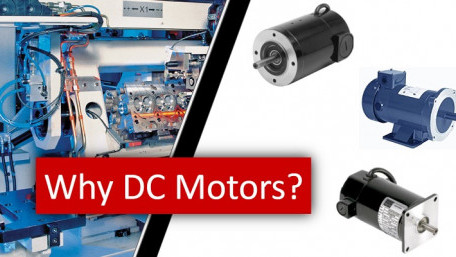
AC motors are common throughout industry - easily controlled by VFDs and without the maintenance that comes with DC…
AC motors are common throughout industry - easily controlled by VFDs and without the maintenance that comes with DC brushes. So then, why are DC motors still used in certain applications?
